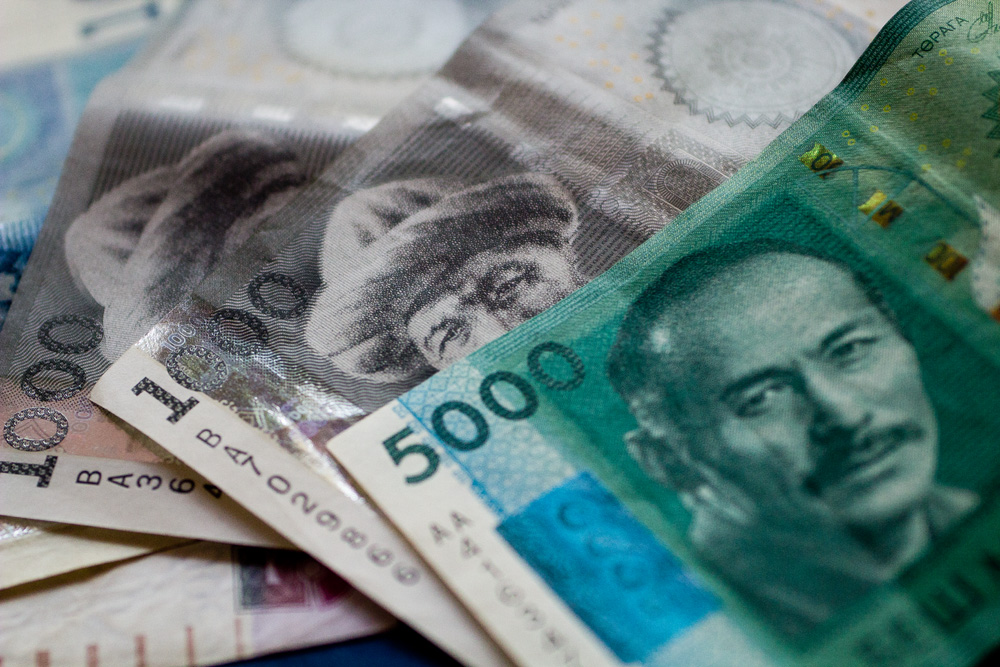Kyrgyzstan’s debt to China: yet another lever of influence?
BISHKEK — Stagnation of the world’s economy, decreasing international trade and growing inflation put the spotlight on the issue of returning Kyrgyzstan’s foreign debt, a large part of which is owed to China. The debt is to be repaid sooner or later, but it would make the country sacrifice either its facilities or territory. In both cases, it is a blow on the country’s sovereignty.
Historically, China has been a creditor of countries with high corruption levels, unstable political systems, and nontransparent economies. For instance, Brunei, Namibia, Congo, and Papua New Guinea all have a “hidden” debt to China — more than 10 percent of GDP. Kyrgyzstan’s foreign debt now stands at $5 billion, including $4 billion to China. For comparison, in 2008 Kyrgyzstan’s debt to China was $10 million.
Unlike international financial organizations, such as the IMF and World Bank, China gives loans to Kyrgyzstan on commercial terms that are not disclosed.
The existing debt does not prevent the Kyrgyz government from taking new loans, which leads to increasing debt burden. In Kyrgyzstan, China has financed mainly infrastructure projects, showing more interest in the water and energy sector — one of the main economic and strategic resources of the country. It is not surprising, as in today’s world access to water resources gives additional levers of influence.
A potential project in this sector is construction of the bypass Chui canal-2 and Buruldai reservoir with a total cost of about $140 million. The project’s economic feasibility, its possible environmental impact and other aspects require a comprehensive analysis. Anyway, the project’s implementation would increase the country’s debt burden and give China yet another lever of influence on Kyrgyzstan.

Such projects are not just a matter of money, debts and commitments but also social stability, given the history of relationships between local Kyrgyz population and Chinese investors (for instance, a mass brawl with stoning at Soltan-Sary deposit).
A good example of Beijing using its “soft power” is neighboring Tajikistan, 40 percent of whose $3.2 billion foreign debt belongs to China. Beijing also grants payment deferments on its loans. In exchange, Tajikistan has given thanks to China by ceding 1.1 thousand square kilometers (0.77 percent of its territory) to China in a 2011 border demarcation, supporting China at UN votes, and allowing Chinese companies develop nearly 80 percent of Tajik gold deposits.
With the above in mind, Kyrgyzstan has to think twice before taking new Chinese loans.
